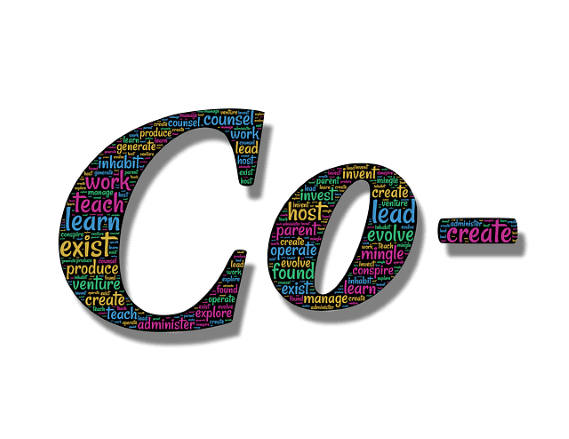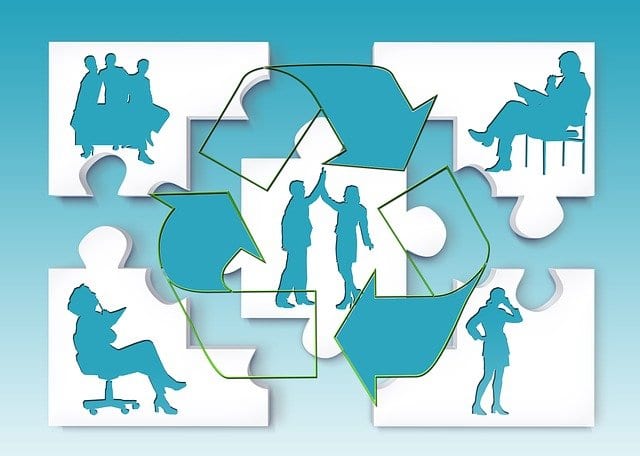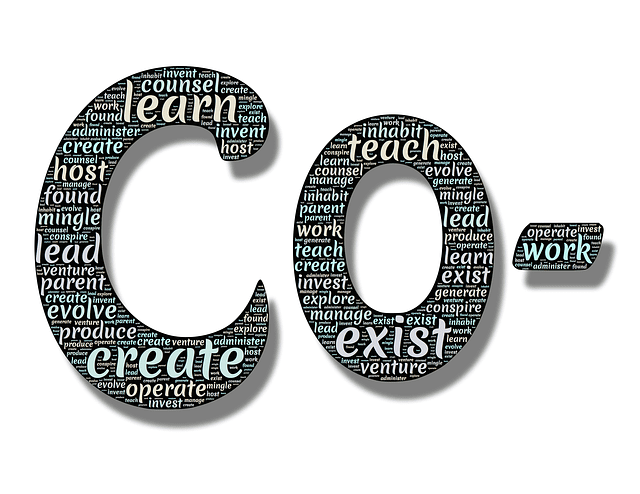Responding to events does not require a lot of thinking. However, engaging with patterns requires a capacity to think broadly and comprehensively – across time and space.
Posts Categorized: Conversational Intelligence
Learning cultures have the capacity to agree to everything – that does not mean they must agree with everything. Change flows and when everything is seen. Once difficult perspectives are aired and respected they lose their grip on the agenda and learning grows.
This requires patient work where dialogue skills are key. Emergent facilitation is an especially useful technique for surfacing meaning. It involves creating “practice fields” where identity can connect with new pictures of the future.
They note that by practicing dialogue skills in their other day-to-day work, they amplify their service and impact. They observe that their self-awareness is sharper and that their capacity to be effective in complex situations is enhanced.
Craft goals in the language and worldview of the prevailing culture while enabling people to make sense of those goals in their own terms. This is the work of the bi-culturalist.
Creating a reflective space through emergent dialogue brings a richer set of perspectives to the surface. This enables agility; valuable in turbulent times. A valuable reflective practice is After Action Reviews. They are used by the military and many police forces around the world to learn from serious incidents.





